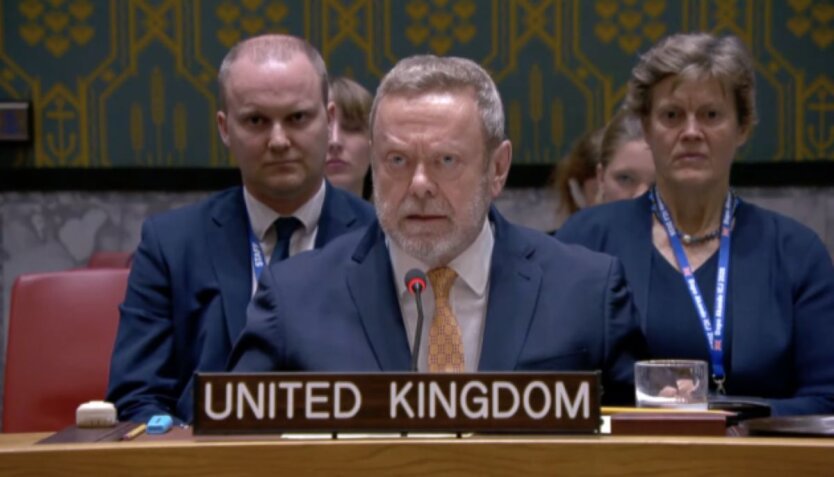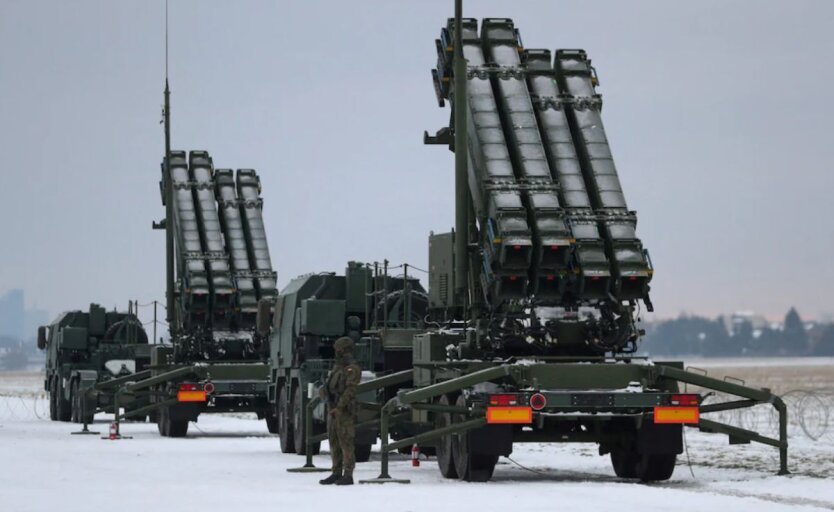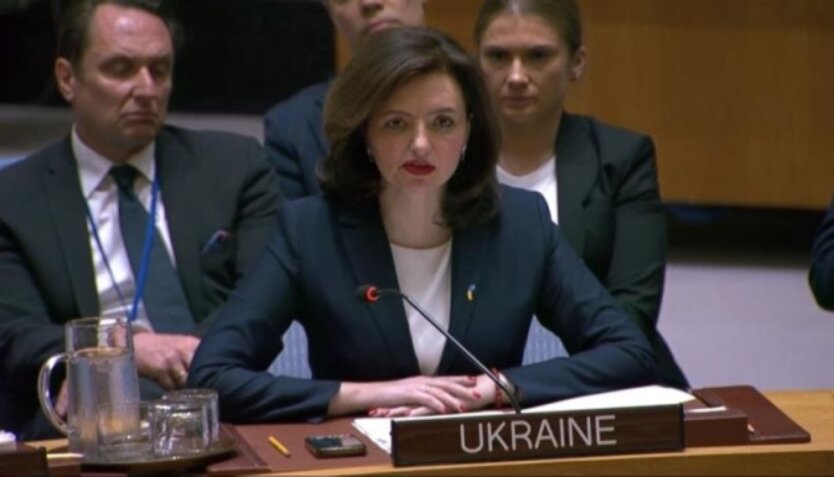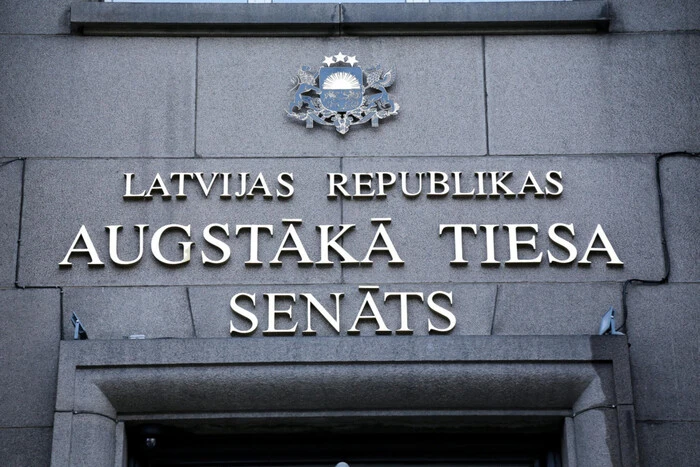Biden's Policy to Prevent Escalation in the Middle East Led to the Opposite Effect — WSJ.

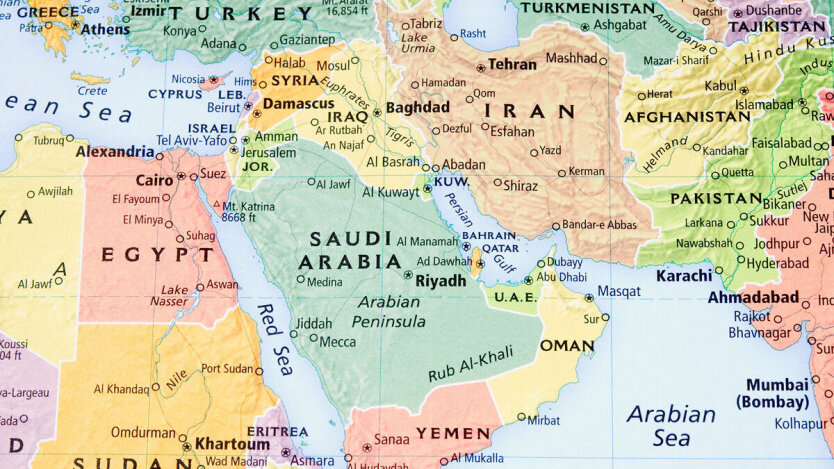
According to Walter Russell Mead, columnist for The Wall Street Journal, representatives of U.S. President Joe Biden are urging all sides in the Middle East to calm down and reduce violence levels. But their calls are not finding a response. Nevertheless, the Biden administration continues to do everything possible to prevent further expansion of the war.
The columnist notes that Biden has failed to engage Iran in a nuclear deal with the U.S., launch a new Israeli-Palestinian dialogue, stop the civil war in Sudan, compel Saudi Arabia to establish diplomatic relations with Israel, and regulate the war in Yemen. All these attempts have been unsuccessful.
For almost a year, Biden's team has tried to achieve a ceasefire between Israel and Hamas through diplomatic efforts. The administration has welcomed progress but acknowledged that the chances of securing a deal are slim.
The columnist concludes that the Biden administration seeks to continue its influence in the Middle East while reducing its presence. However, he emphasizes that the conflicts Biden hates are a consequence of his policy. The reduction of U.S. influence as they withdraw from the region leads to the spread of conflicts.
Source: ZN.UA
Read also
- The situation in the Novopavlivka direction has escalated: the enemy is pushing towards the borders of three regions
- UN Security Council: Britain calls on Russia for an immediate ceasefire in Ukraine
- The USA shifts the burden of assistance to Ukraine onto Europe: delays in tanks and pressure on Greece
- Ukraine at the UN Security Council: Our desire for peace is undeniable, but not by giving up independence
- In Latvia, a man received a sentence for participating in the war against Ukraine on the side of Russia
- Response to the Russian Threat: The Netherlands Arm Their Fleet with Tomahawk Missiles


